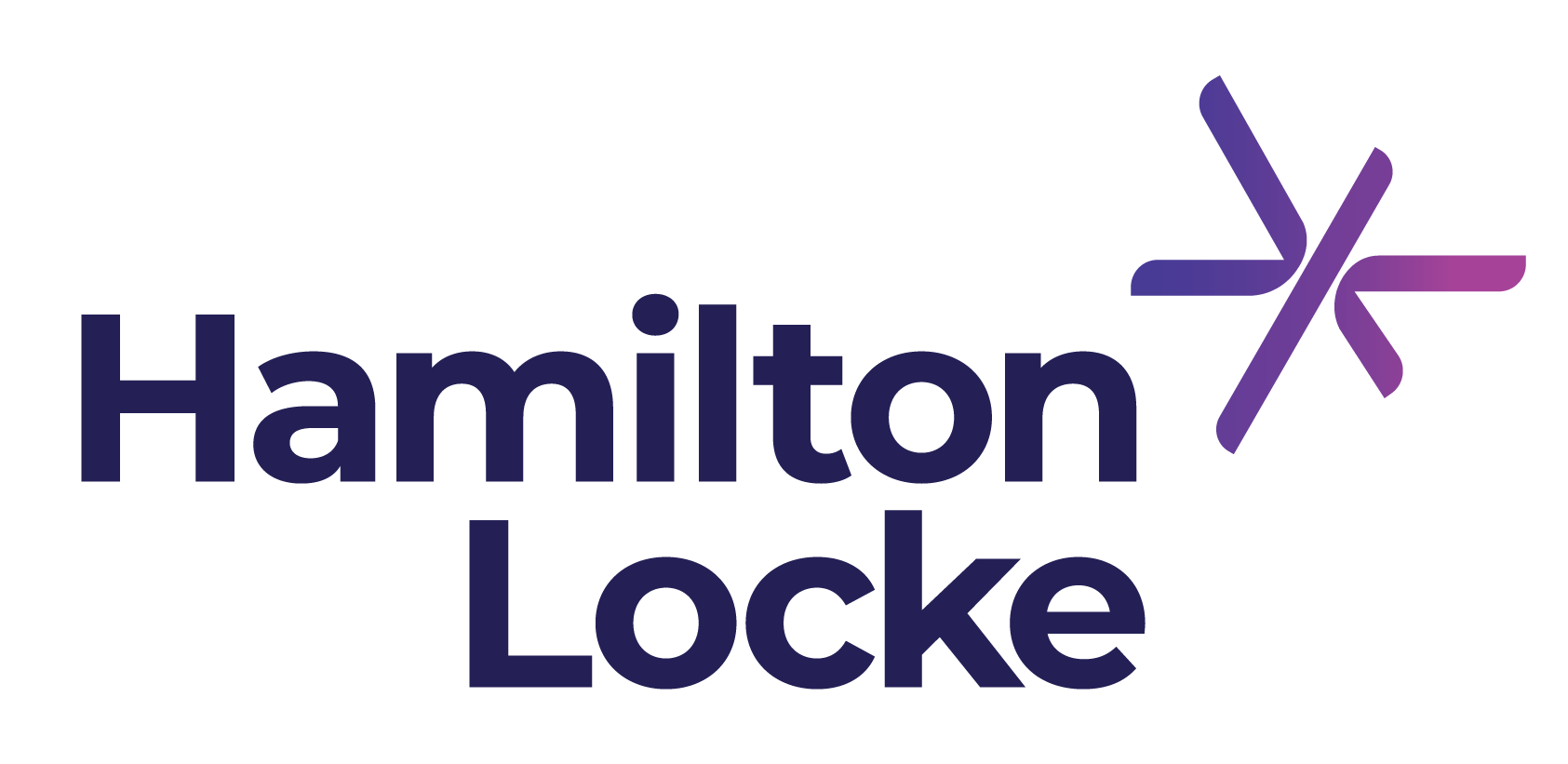3 TIPS TO RAISE FUNDS EFFICIENTLY IN A TOUGH MARKET.
Published on Jun 22, 2020

To commercialise and grow, your business needs capital. But the ongoing fallout from COVID-19 means this may be easier said than done. For a variety of reasons debt may also not be affordable or attainable. Waiting it out may not be viable for your cashflow, could be detrimental to your strategy or put your first to market position at risk. In this blog we share 3 tips to raise funds efficiently in a tough market.
1. Structure your raising right
There needs to be a balance between raising the amount you need to thrive and giving away too much equity cheaply. Strike a balance by considering:
- How much cash you have in the bank;
- What you need to do next in your business plan; and
- How much runway you need to achieve your next significant business milestone.
Other key things to consider include:
- Any capital raising requirements or limitations your business has. For example, you may have pre-existing contractual obligations like pre-emptive rights or anti-dilution protections.
- What legal limitations you may have. For example, if you’ve already exhausted the ‘personal offers’ disclosure exemption under the Corporations Act, you will not be able to rely on that when making your capital raising offer.
- Your target investor. You will need to decide if you want to raise from current shareholders or new investors. Now may be a good time to bring on board a strategic cornerstone investor but you may also want to keep your current support network confident and content. You could do this by including a rights issue component, for example.
- Whether you can explain your structure. The structure of your raise needs to be simple. Overcomplicated structures are likely to stifle investment and add to the costs of the raising.
- Alternatives to your existing investors. There may be other options you could explore like crowd-sourced equity funding.
2. Get your documentation ready
With the structure set you need to have your documentation ready before you go to market. This will help you net interested investors without losing momentum or experiencing unnecessary delays. Your documentation should:
- Consider any requisite disclosures that apply;
- Consider what disclosure exemptions you’re relying on for the raising. This will dictate the minimum documentation you need; and
- Clearly and concisely articulate what your business does, how you intend to use the funds and the risks to investment.
3. Think about your timing
While COVID-19 restrictions are easing, the economic fallout continues. Given the uncertainty around economic recovery, whether government support will continue and the possibility of second wave infection, there may never be a ‘good time’ to raise funds in the short to medium term. But if your business is well prepared before you go to market it will have the best prospects for success.
There is no time like the present to get prepared and ready to launch. We can help you raise capital efficiently in these tough times with pragmatic advice and a streamlined approach to investor documentation. Get in touch, we’d love to help.
Charmian Holmes and Nicholas Pavouris
June 2020


